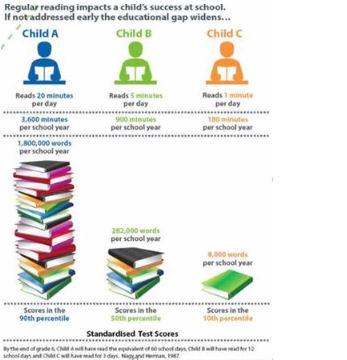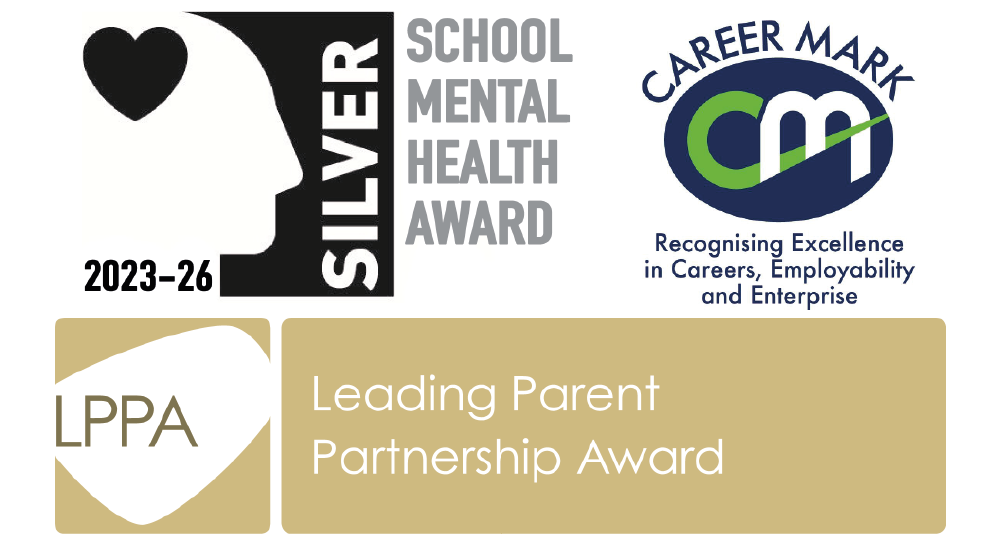Reading at Erdington Academy
Reading is a passport to the world and the benefits of reading open children up to ideas, experiences, places, and times they might never otherwise experience in real life. Reading widens our vocabulary; lowers stress; improves our memory and focus; strengthens our writing abilities; enhances our imaginations; and inspires. Every text we read, whether it is a book, article, report or journal increases our knowledge and understanding as well as opening up a whole new range of vocabulary to us.

A child’s reading skills are important to their success in school as they will allow them to access the breadth of the curriculum and improve their both their skills in writing and communicating with others. Furthermore, we understand that there is a clear correlation between students’ reading ages and their educational outcomes. That’s why we encourage reading across every part of the curriculum and place such value in being a word-rich school.
We feel it is important to share the initiatives that we are doing, and we hope you will support us in promoting the joy of reading:
Form Time Reading
Twice a week during form time, students are reading a fiction novel, taken from our School Reading Canon. This is a teacher led activity whereby, the teacher reads aloud and students follow along with their finger, pen, or ruler and are able to engage in reflective questions on what they have read. The texts are chosen deliberately to become a ‘gateway’ for genres that students can then read independently.
School Reading Canon
These are a collection of books for students in each year group that have cross-curricular links to other subjects and expose our students to some of the best literary works produced – both old and new. Students have Canon Cards which are ticked off for the books they have read on the Canon and a completed card will result in a Literacy prize/ award.
‘Control the Game’
‘Control the Game’ is our school wide reading strategy that involves the students reading aloud in class, in an unpredictable order. This helps the teacher to harvest valuable reading data on students across the curriculum and heighten student engagement and processing of reading texts in each lesson. By the end of this academic year, students should experience a familiarity and confidence with this approach to reading, in all subjects.
School Library
The library is a space that aims to encourage, inspire, and cultivate a love of reading for pleasure. We want to ensure it remains a calm and peaceful place for students to spend their break and lunchtimes, whether that be for studying, revising, or reading quietly.
To ensure that the library maintains its calm and purposeful atmosphere, we will be re-introducing a ‘pass-system’ for students to gain entry to the library at social times. Any student who would like to use the library during social times must adhere to the following expectations:
- You must have pre-approval by the librarian or another member of staff in the form of a Library pass.
- Students must be doing something productive e.g. reading quietly, revising, or completing homework.
- The computers are for study purposes/ reading only. No games.
- Coats must be off upon entering the top library door.
- No food or drink (all food must be consumed before entering the library.) Bottled water is acceptable.
- No mobile phones.
- ‘First time, every time.’ If students do not meet any of the expectations above, they will be asked to leave the library. Consistent poor behaviour will lead to removal of library privileges.
Online Library
We recognise that technology is paving the way for the future and that we must work with it to positively impact our students. That being said, we have an online School Reading Library that students can access from their phones to read online versions of the texts they love and are studying anywhere in the world. This is ideal for school holidays and weekends, when students feel that they are less able to access the resources they would like and need. (To access our online library please follow: www.soraapp.com/welcome/search and search ‘Erdington Academy’.)
Reading Events
Throughout this academic year we have provided opportunities for students to take part in events such as, World Book Day and National Poetry Day. Last term we had a visit from a highly respected and recognised novelist Alex Wheatle, who delivered a talk on the importance of reading to Year 10. It is important to us that we can keep providing opportunities of this Calibre to keep inspiring our young people.
We hope that one or more of the platforms above can spark an interest in your child. Developing a love of reading is a priority for us at Erdington Academy and installing this passion is our aim from the start of their journey in Year 7, all the way through to their last moments with us in Year 11.
Reading – The Erdington Way
Please click here for information.
If you have any questions on how you can support your child further, please do not hesitate to get in touch.
Happy reading!




